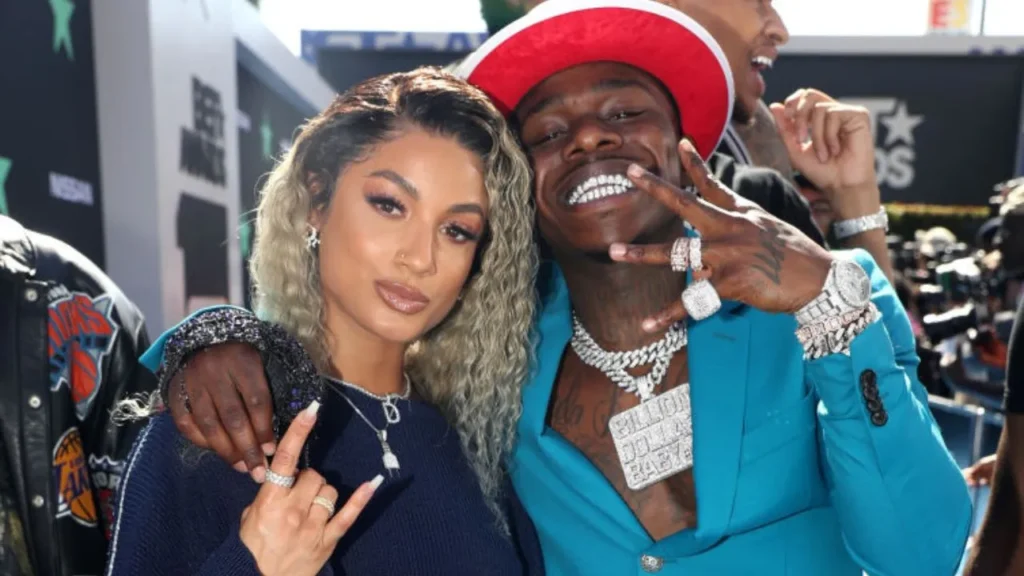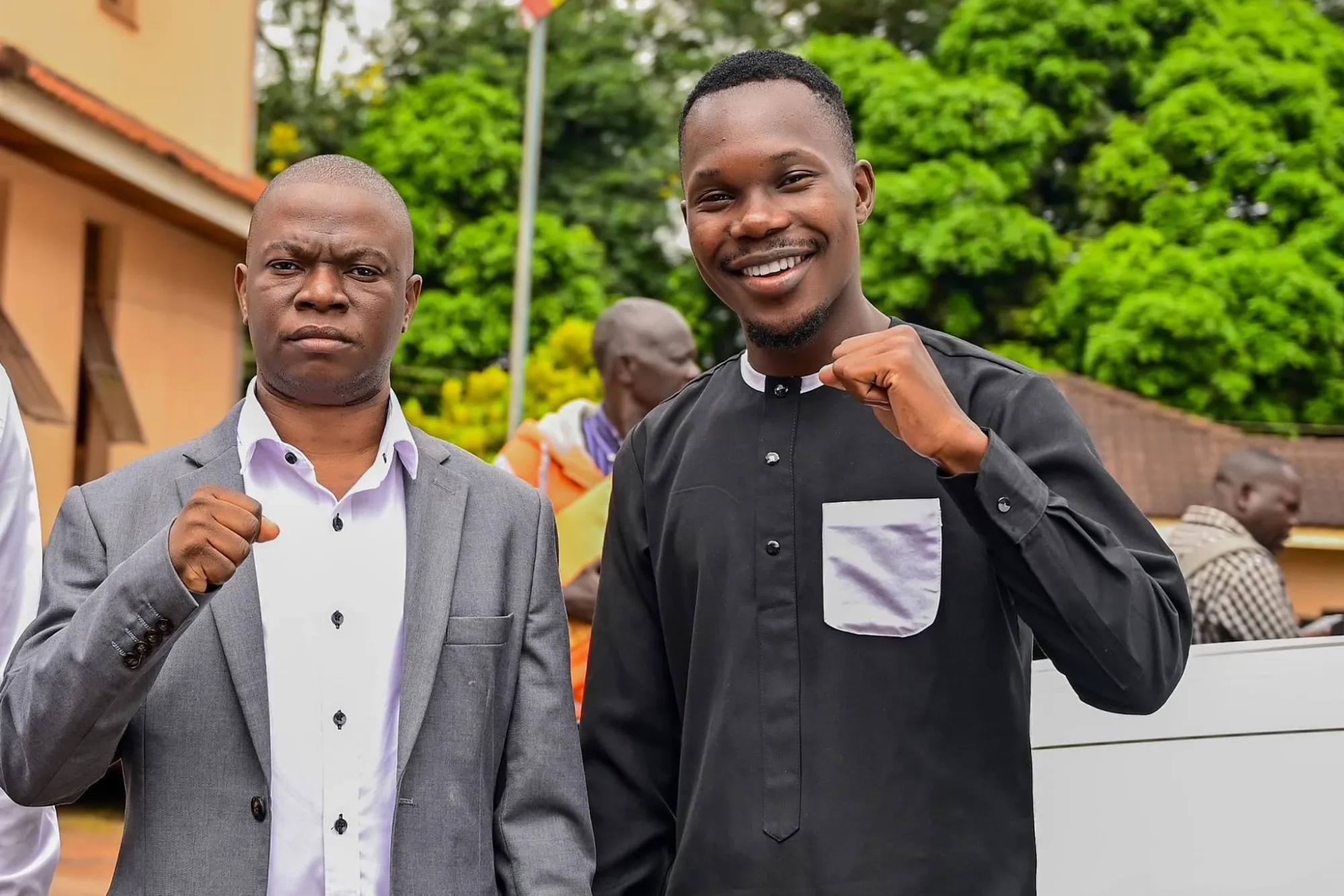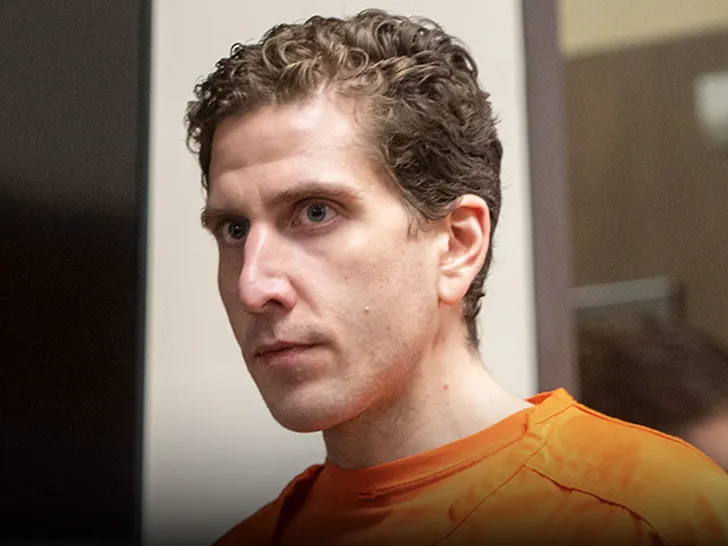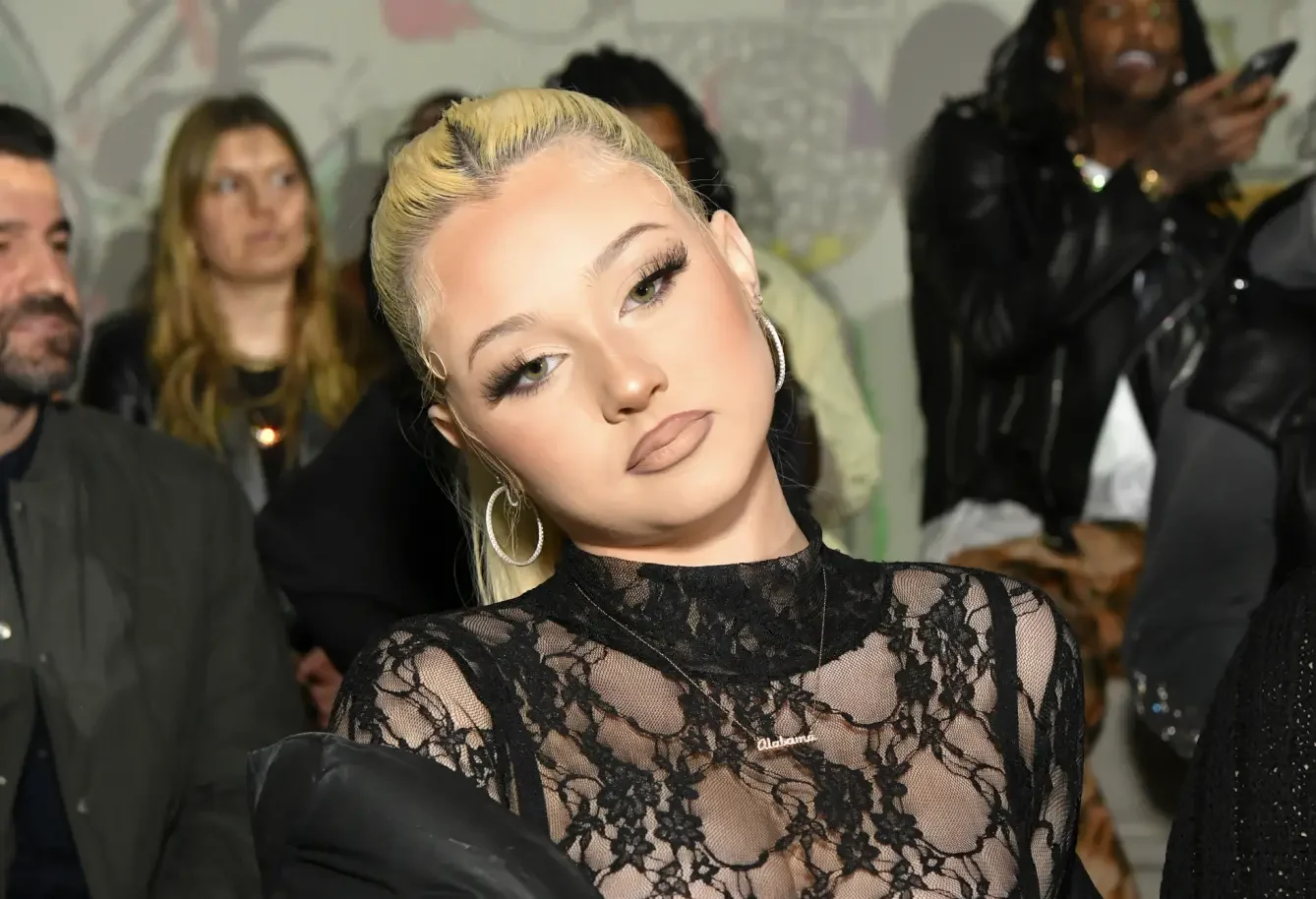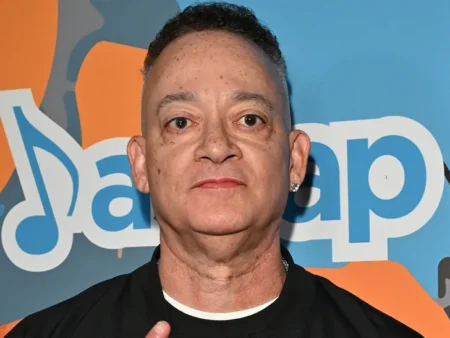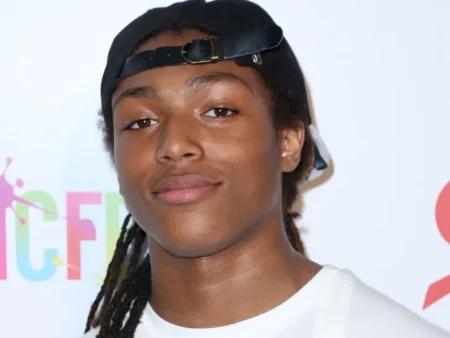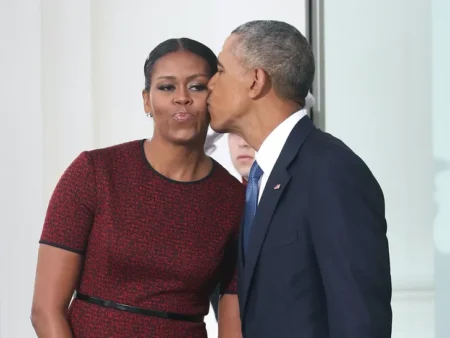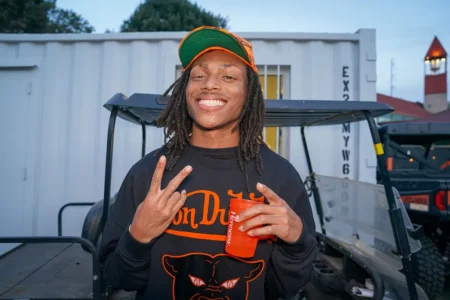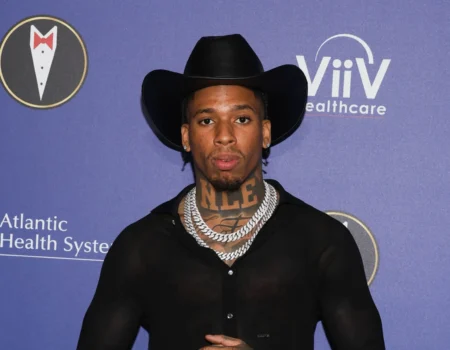In a decisive legal ruling, a Los Angeles judge has dismissed Brandon Bills’ assault and battery lawsuit against rapper DaBaby and his label, Billion Dollar Baby Entertainment. The case, rooted in a physical altercation at a bowling alley in 2022, has finally come to an end after Bills failed to serve DaBaby within the court’s required timeframe.
Judge Huey P. Cotton ruled that despite having over three years to serve the complaint, Brandon Bills—brother of singer DaniLeigh—did not take timely action to officially notify DaBaby of the lawsuit. The judge’s dismissal effectively closes the door on the case, barring any possibility of refiling.
Background: The 2022 Bowling Alley Altercation That Sparked the Lawsuit
The legal battle originated from a 2022 incident in which Brandon Bills and DaBaby were involved in a physical confrontation at a Los Angeles bowling alley. The altercation, which was captured on video and rapidly circulated on social media, intensified public scrutiny and fueled Bills’ claims of assault and battery against the rapper.
Bills’ lawsuit followed soon after, seeking to hold DaBaby accountable for the alleged attack. Given the high-profile nature of the incident and the viral footage, many expected a swift legal resolution. However, procedural delays would prove to be the case’s undoing.
Court Arguments: DaBaby’s Elusive Schedule or Legal Oversight?
During proceedings, Bills’ attorneys argued that DaBaby’s demanding schedule and busy lifestyle made serving the lawsuit difficult. They contended that their inability to locate the rapper for official service justified the delay.
However, Judge Cotton was unswayed by these claims. He noted that the court had previously authorized service by publication in April 2024—a legal alternative allowing the complaint to be served via public notices in newspapers or online platforms—but Bills never pursued this option.
This lack of initiative ultimately led to the court’s conclusion that Bills did not make sufficient efforts to move the lawsuit forward, prompting dismissal.
Defense Response: “Appalling” Delay and Lack of Serious Effort
DaBaby’s legal team moved swiftly to have the lawsuit dismissed. In March, they filed a motion citing the expiration of the statute of limitations and the failure to serve the rapper officially. The defense described the prolonged delay as “appalling” and underscored that DaBaby had never been formally notified of the legal action against him.
The defense’s position highlighted a key principle in civil litigation: timely service of process is crucial to ensure fairness and uphold legal standards. Without proper service, defendants have no chance to respond or prepare a defense.
Judge’s Ruling: Dismissal With Prejudice Ends the Case
Judge Cotton ruled in favor of DaBaby’s defense, dismissing the case with prejudice. This legal term means that Bills is barred from filing another lawsuit based on the same claim, permanently ending his pursuit of civil penalties related to the 2022 incident.
The ruling sends a clear message about the importance of adhering to court procedures and deadlines. Despite the public attention surrounding the case, procedural missteps proved fatal.
Aftermath: Impact on DaBaby and Bills’ Ongoing Feud
The altercation and lawsuit were part of a broader, ongoing tension between DaBaby and DaniLeigh’s family. Bills has publicly criticized the rapper over his treatment of his sister, intensifying the personal and public feud between the parties.
With the lawsuit dismissed, DaBaby avoids civil liability related to this particular incident, allowing him to focus on his music career and other legal matters. For Brandon Bills, the dismissal marks a legal dead-end, closing his window to seek justice through the courts.
What’s Next?
Although this chapter concludes with a dismissal, the underlying tensions between DaBaby and DaniLeigh’s family may continue to play out in public discourse and potentially other legal or personal avenues.
For fans and observers of celebrity legal dramas, this case illustrates how procedural details can make or break high-profile lawsuits—no matter the viral footage or public interest involved.




